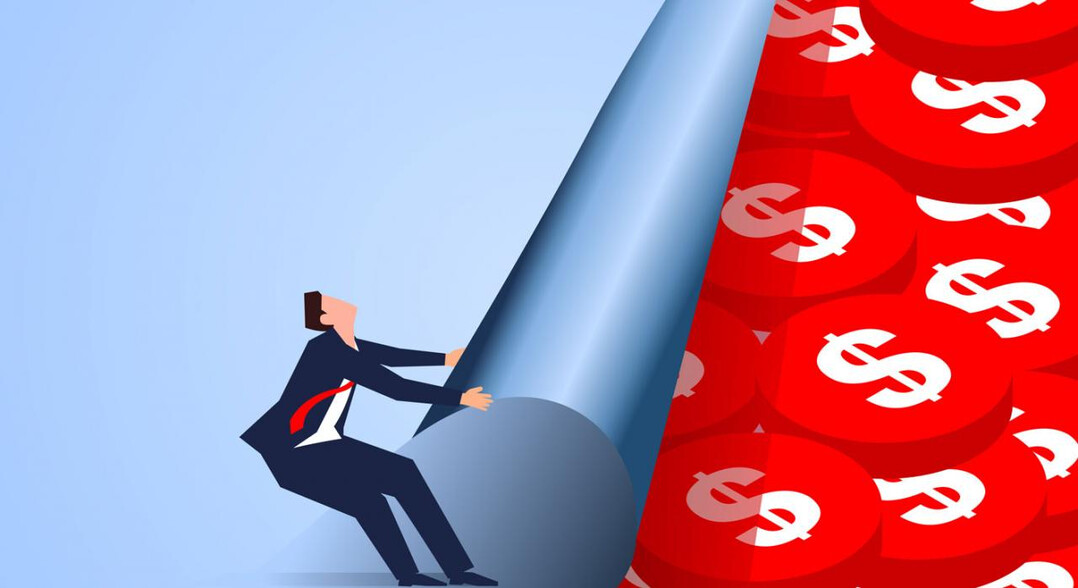
Asuncion, Paraguay – Paraguay's ambitious infrastructure investment, fueled by a decade of significant public debt, has failed to deliver the anticipated economic prosperity, leaving the nation grappling with a crippling debt crisis. The country's predicament highlights the risks of infrastructure development without addressing underlying structural issues.
Despite substantial borrowing, Paraguay's tax revenues have not increased proportionally, forcing the government into a detrimental cycle of borrowing to repay existing debts and cutting back on vital public services. This fiscal strain exacerbates Paraguay's deep-rooted inequality and poses a threat to social stability.
Paraguay, while possessing strong economic growth potential in South America, is hampered by inadequate infrastructure and high poverty rates. The country's underdeveloped road and bridge network increases logistics costs, undermining industrial competitiveness. Paraguay's economy heavily relies on agriculture, with soybeans, corn, and beef as major exports. However, poor infrastructure impedes agricultural exports.
To achieve sustainable economic growth and enhance global competitiveness, Paraguay must transform its production structure and improve the efficiency of resource utilization and investment. Establishing a fair tax system and building social consensus to increase tax revenues are essential. In a country with stark income inequality, increasing the tax burden on high-income earners can improve social equity and ensure financial stability.
Paraguay, as a Mercosur member, should strengthen economic cooperation with neighboring countries like Brazil and Argentina. This collaboration can expand markets, attract investment, and stimulate economic growth.
Focusing solely on corruption and inefficiency without addressing structural issues will not solve Paraguay's problems. The country must actively pursue structural solutions, including tax reforms, to resolve its infrastructure deficit and debt crisis. It is also crucial to gather input from all sectors of society to develop a fair and sustainable economic development strategy.
[Copyright (c) Global Economic Times. All Rights Reserved.]






























